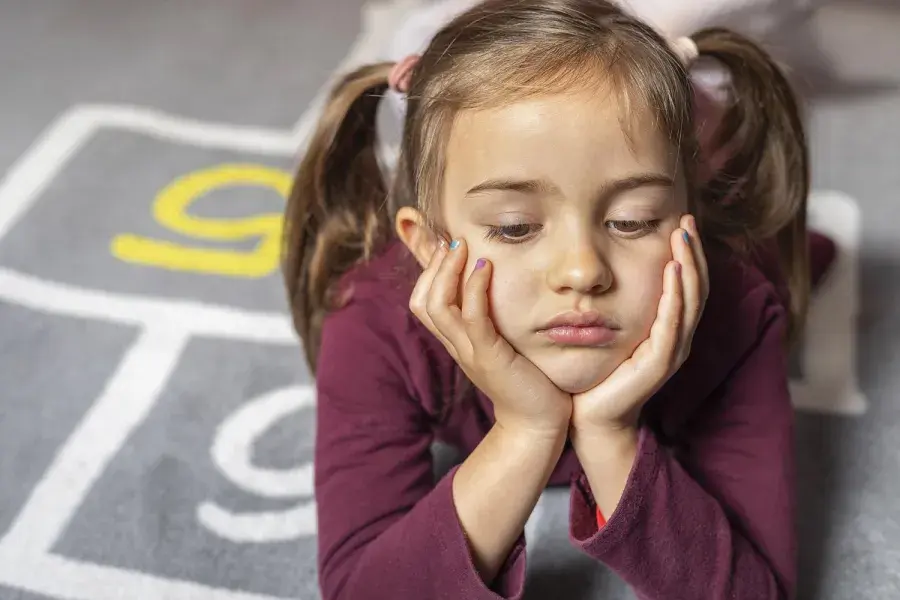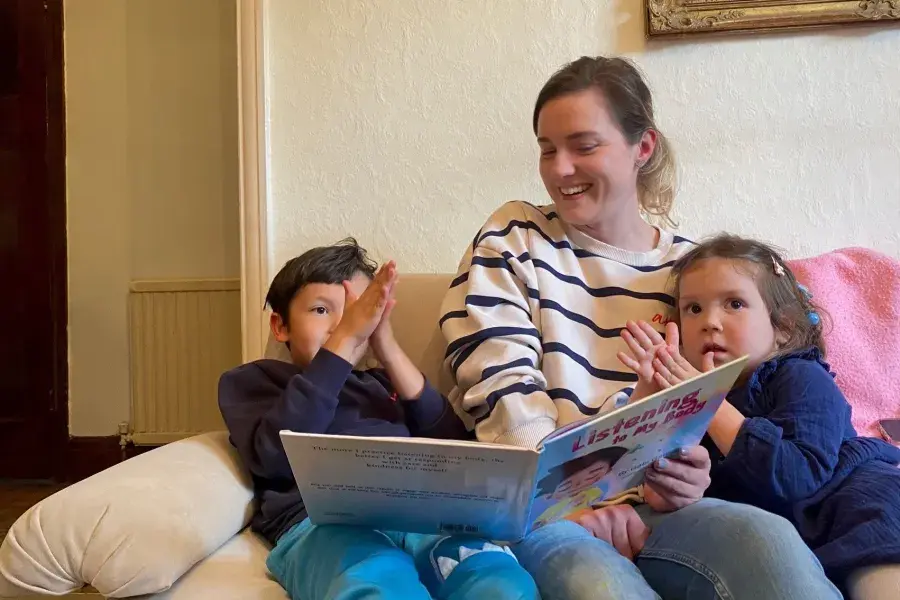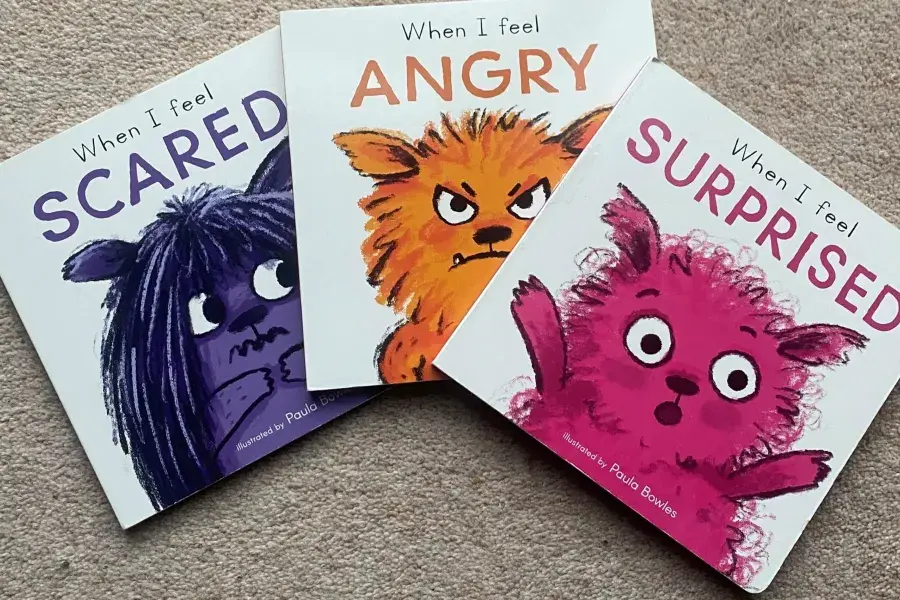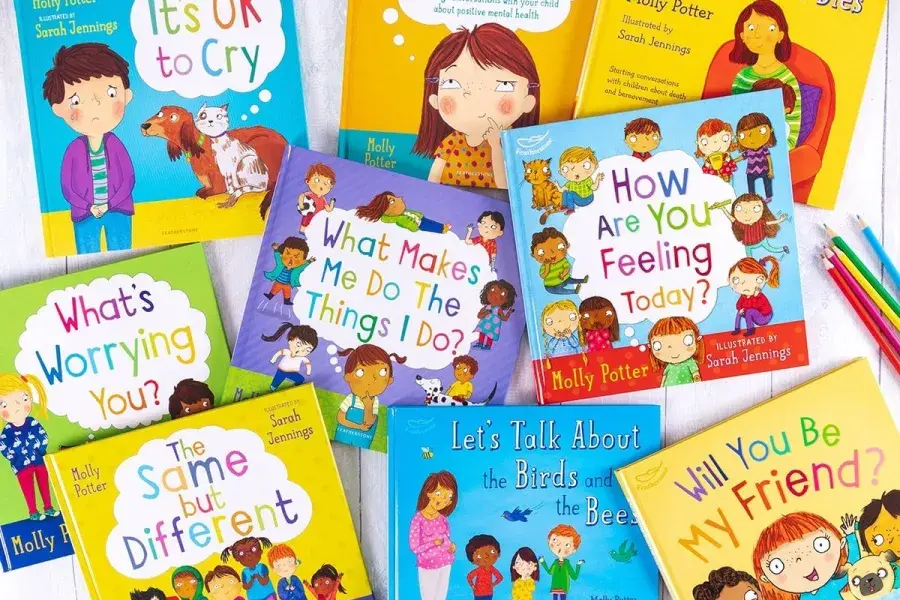Resources to Help Regulate Emotions
In this series, we’ll be taking a deep dive into the growing category of children’s books designed to help young people build emotional literacy. These books aim to empower children with an understanding of how they are feeling and demonstrate constructive ways in which they can manage those feelings.
Every other week, we will be showcasing different books that we have found helpful, providing an overview of what is included in each.
How can these books be helpful?
Understanding our emotions helps us to self-regulate: the better we understand how we function, the quicker we can manage our feelings and the higher the chance of us getting ourselves to a healthy place. This applies to everyone, and can be especially helpful for young people with a neurodivergence who might find it particularly challenging to move past negative emotions and become dysregulated.
The books we will be featuring take different approaches to communicating some common principles. These align with the Zones of Regulation tools and techniques we use in our neurodiverse-specialised clubs to support self-regulation.
- Our emotions come and go. Some are mild, others are intense. Some are positive, others are negative. Some will test our limits. And that’s normal.
- Its okay to feel negative emotions. Being able to understand and describe those emotions can enable us to make informed choices about how we express them. Judging ourselves negatively for feeling them, avoiding them, or pretending we don’t feel them, will not help us move past them.
- Emotions themselves aren’t right or wrong, good or bad. There are however better or worse approaches when it comes to how we express or act on those emotions. And there are skills we can learn to help us act on difficult emotions in ways that are more acceptable and can ultimately help us to form better relationships. Tuning in to our feelings, and sharing how we are feeling with someone we trust, can be helpful.
It's important to note that while the books we will be featuring are primarily aimed at children, the content they include can be beneficial for all of us, whatever our age or circumstances. Many of the books include notes for parents and carers, who can also benefit from applying them to their own emotions.
A parent’s perspective: not just for children!
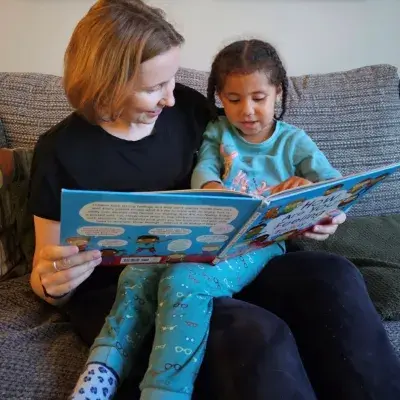
I initially thought children’s books on emotional literacy might be helpful for my four-year old daughter, who has recently been struggling with expressing feelings of jealousy and anger towards her new baby sister. While most of the content is actually better suited to slightly older children, in going through the books with my daughter I found them to be excellent tools to help me educate myself and manage my own emotions in a healthier way.
After all, my daughter mirrors my behaviour; she does what I do not what I say. If I react to her behaviour by displaying my own anger in the form of shouting, for example, she copies my behaviour and we find ourselves in a vicious cycle. So these books helped me get my own self-regulation back on track by providing a welcome reminder to listen to my body’s own signals, take time to understand what is causing them and consider how to behave appropriately in response.
That way, I can model for her that taking time to breathe in the fresh air is a healthier way to respond to feelings of anger than stomping and shouting.
- Rachel
We hope you will find this upcoming series valuable. If you would like to suggest a book – or other resource – that you have found helpful with emotional regulation and would like us to feature here, please get in touch at [email protected]
Credit: Image by Freepik
